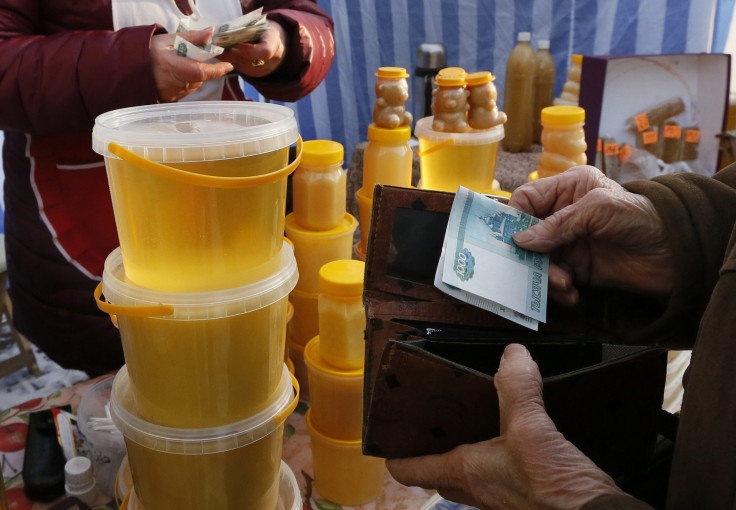Russia’s GDP Estimated To Contract By 5.5% In 2015, Impacting Armenia's Economy: Moody’s

Russia’s GDP is expected to decrease by over 5 percent in 2015, in turn weakening the economy of its neighbor Armenia, which shares close trade ties with the former, according to a new report by Moody's Investors Service, published on Thursday.
The New York City-based financial services firm said that contraction of Russia’s GDP will adversely impact Armenia's economic activity due to the interdependence between the economies of the two countries.
“Moody's expects that Russia's GDP will contract by 5.5% in 2015, weakening Armenia's economic activity given its historically strong correlation with Russia's growth cycle via remittances and trade channels, with Russia accounting for 23% of total Armenian exports,” Moody’s report said.
The latest forecast is in line with the announcement by Russia's ministry of economic development on Wednesday. The Russian ministry had said that the country’s GPD may fall by 5 percent in 2015 if oil prices remain at about $40 a barrel, Russia’s Tass news agency reported, adding that the rate of ruble would remain at 60-70 per dollar in 2015 if this oil price level persists.
Meanwhile, Ksenia Yudaeva, Russian central bank's first deputy head, said that it would stabilize inflation at 8-10 percent in 2015, while the country’s currency will stabilize in the first quarter or early in second quarter of this year.
The ruble weakened 41 percent against the dollar last year. On Dec. 16, the central bank took a major step to boost the ruble and rescue the country’s sanctions-hit economy by increasing its key interest rate to 17 percent, up from 10.5 percent.
“We are losing something with the oil prices, but we are winning with the devaluation, in terms of the budget,” Russia’s Economy Minister Alexei Ulyukayev said, in an interview with Bloomberg TV, on Wednesday. “We think we have possibilities in 2016 and 2017 to have a positive real GDP performance.”
© Copyright IBTimes 2024. All rights reserved.












